I remember the first time we cut down some of our avocado trees. We cried. All of us. Mom, Dad and the four kids all shed tears. Those trees had been planted by The Farmer during the 70’s, we were married in 1982 and the children had been born in the next 7 years. In 1993 we cut down some trees so we could begin building our house on the site. We had outgrown our mobile home, and had planned for years to build a family home. We finally cut some trees down and created a homesite. As much as we wanted that house, it was hard to see those trees cut down.
The next year we cut lots more trees, but left four foot stumps. Acres of four foot stumps. This was a completely different situation. The trees had grown so tall over the years that the only area that would produce a crop was at the very top of the canopy. We needed very tall ladders to reach the fruit, and lots of water to maintain the tree. Farmers all over our area were cutting down acres of trees to save water due to rationing. The other reason for cutting trees was to let them regrow. The shorter trees would grow foliage and bloom again, producing many more avocados if they were given the proper care.
If you drive through Southern California and look at the hillsides where avocados are grown, you will see acres of white stumps. These are the avocados that have been cut down and painted to protect the trees from sun damage. The stumps take less water while they regrow, and will produce beautiful avocados again in about 3 years. Sometimes we graft a different variety to the stump and when it grows back it produces that variety of avocado. I’ll write more about that at a different time.
We have stumped several times over the years. Taking acres of avocado trees out of production for several years is a challenge financially, but it also helps to save water and is considered a good practice in avocado farming. Some farmers choose to thin their trees instead, keeping them shorter but letting them grow rounder. Some farmers cut their trees, but leave the branches longer instead of cutting all the way to a four foot stump.
This week we are cutting down a block of very tall trees. It’s sad to see them fall, and the sound they make as they break and crash is heartbreaking. The beautiful shaded walkways under the trees are gone now, but I can find other places on the ranch to walk where it is still shaded. We have had visitors who have enjoyed the “magical forest”, as they called it. Gaby from What’s Gaby Cooking.com and Matt of Mattbites.com were here last year and proposed having a blogger potluck under those trees. Rachael of La Fuji Mama and I have had fun walking through the avocado forest and taking pictures there. Now we’ll have more light for our photographs, and so will the avocado trees as they regrow.
Our lives are somewhat like an avocado tree, don’t you think? We can grow and expand, reaching for new heights…but every now and then we need to cut back, take a breather and think about the future. When we begin to grow again it may be in a different direction or with a change in productivity, depending on how we are fed and nurtured through the change.
Even though tall avocado trees and beautiful, and create a magical forest for visitors, the trees use more water, are more difficult to pick, and are not reaching their full production potential. They have to reach for the sunlight.
Farmers bear the cost of cutting down the trees and caring for the regrowth even though they will have no avocados to sell for several years. This is just another part of the investment that goes into producing delicious California avocados from California Avocados Direct.
Other posts about our avocado ranch that you may enjoy:
Where Do Baby Avocados Come From?
End of March: Finding Flower in the Avocado Grove


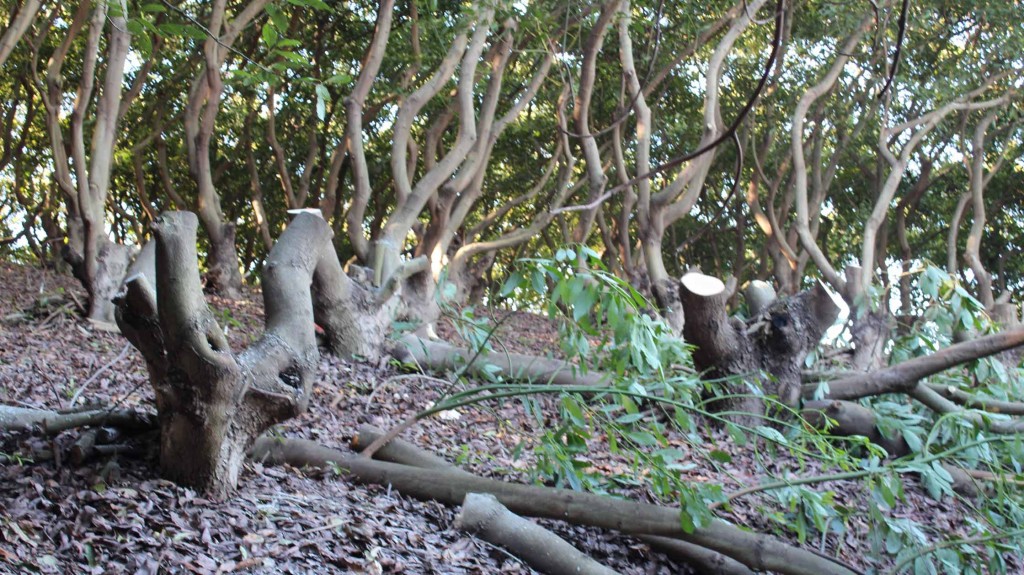
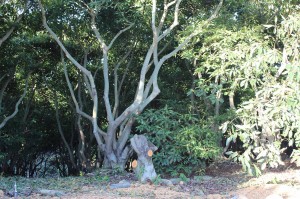
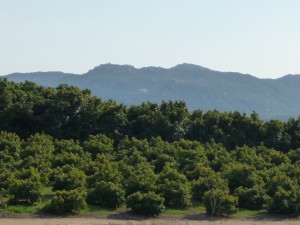
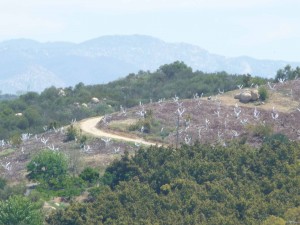
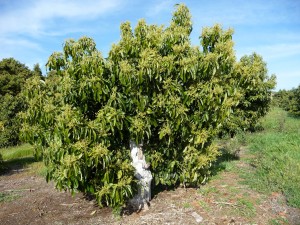
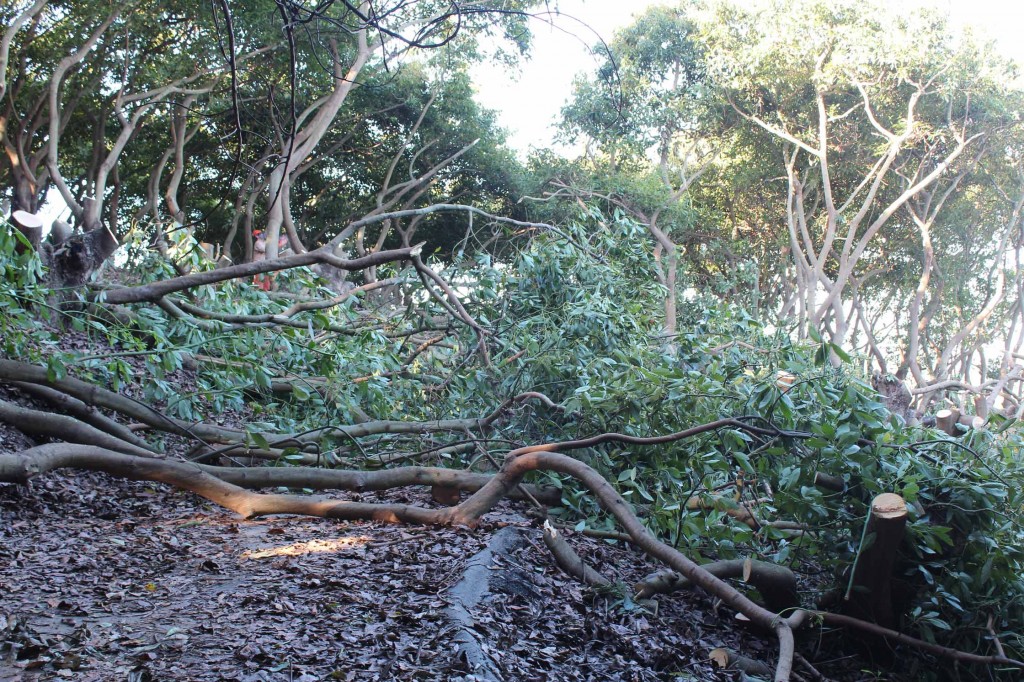
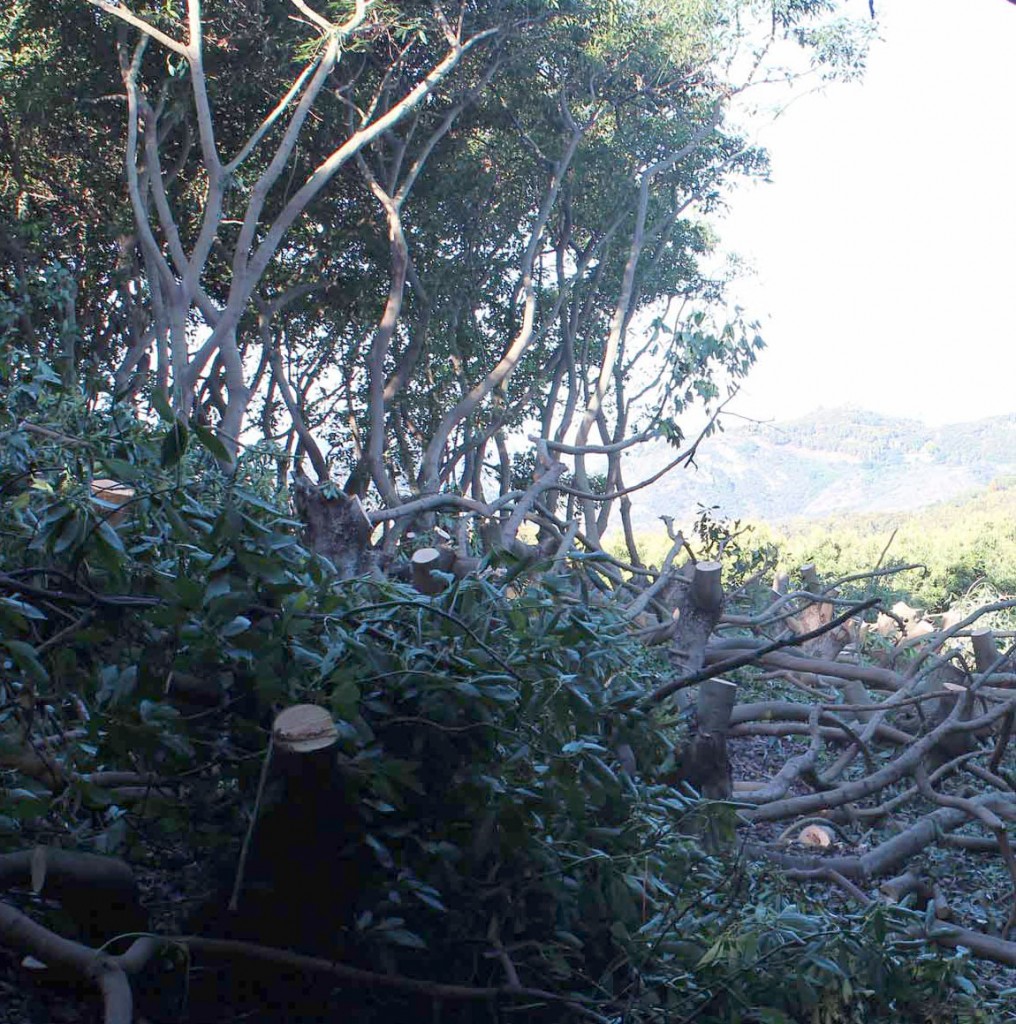
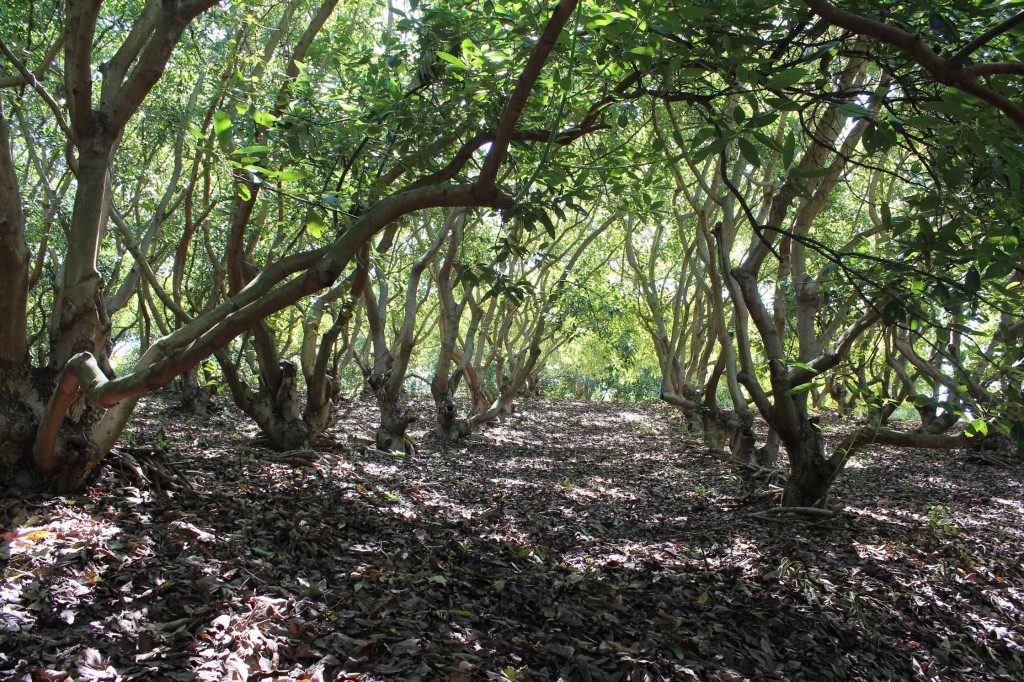
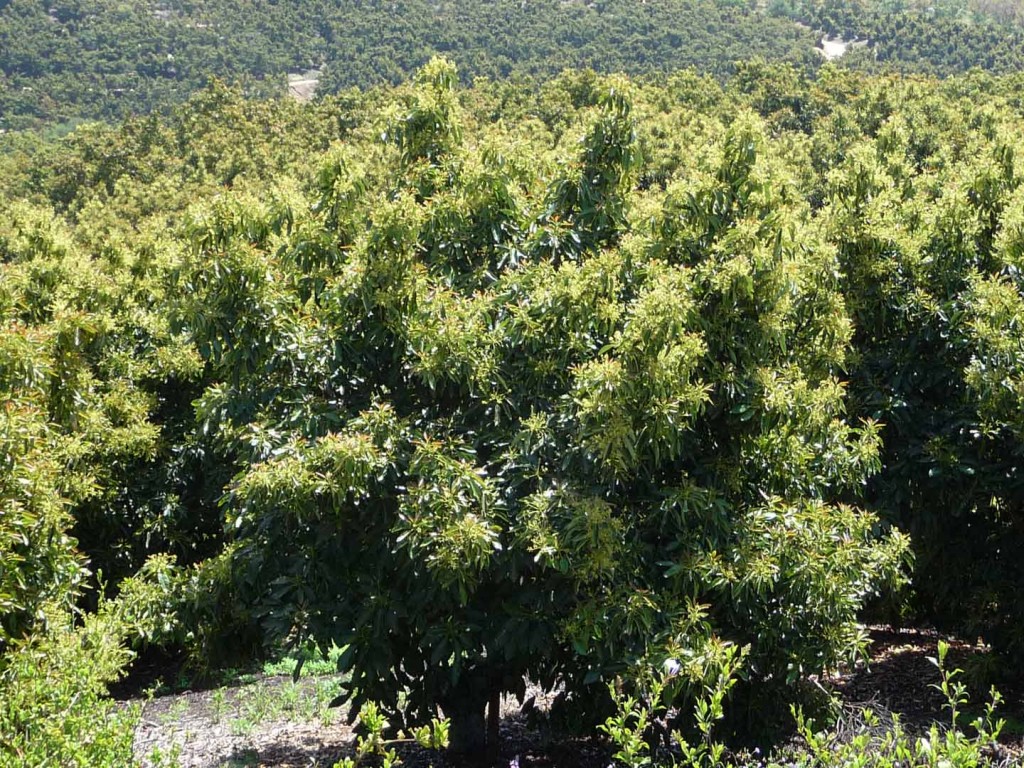
110 Comments
Leave a reply →